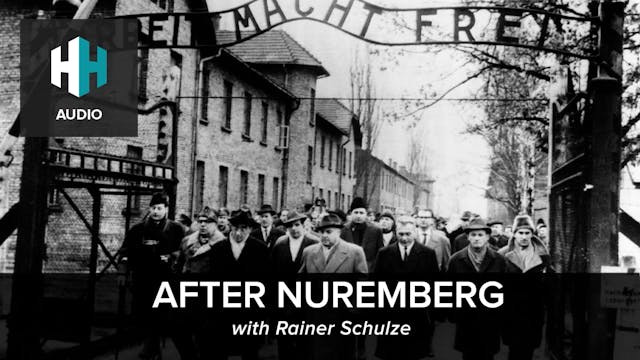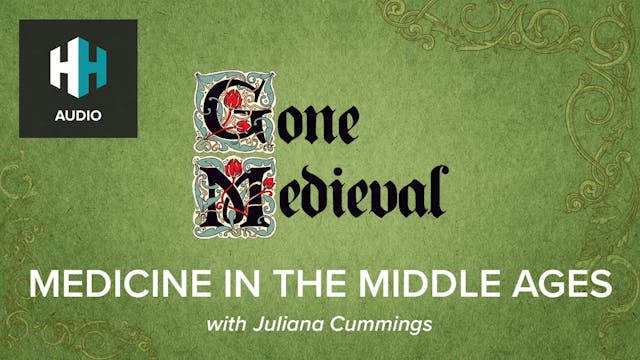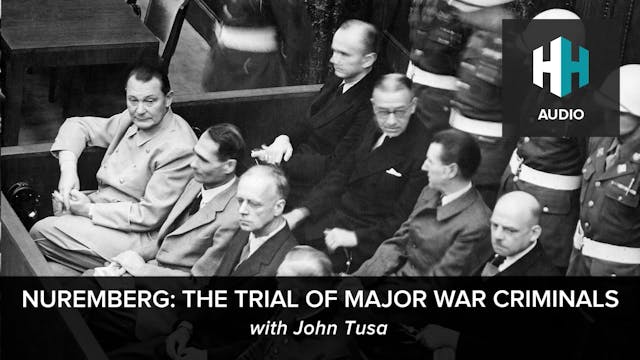On the 30th January, 372 years ago, Charles I, king of Great Britain and Ireland, stepped out of the Banqueting House in Whitehall, to be beheaded in front of a huge London crowd. It was a deeply shocking moment not just in the lives of those people who witnessed it, but also in the longer span of British history. But the regicide didn’t just happen out of the blue, it was part of a truly revolutionary period - one that experienced civil war, regime change, religious upheaval and, for the only time in British history, a period of republican government.
Rebecca Warren, an early modern historian who specialises in the history of the church during the British civil wars and interregnum between 1640-1660, joins Dan on the podcast. They discuss the reason king and parliament went to war, the Battle of Preston in August 1648 as a turning point, the day-by-day details of the trial, and how the image of Charles as a martyr became immediately fostered as a result.
Up Next in Archive of Dan Snow's History Hit 🎧
-
🎧 After Nuremberg
The 1950s in West Germany saw a sharp decline in Nazi war crimes investigations and trials. Instead, there were campaigns for amnesties and reductions of earlier sentences, many led by former high-level Nazis and supported tacitly by conservative politicians. Prosecutions lacked any serious or sy...
-
🎧 Medicine in the Middle Ages
The Middle Ages were a period of exploration in medicine, but it didn't come without risk. The lack of understanding when it came to sanitation and cleanliness resulted in disaster and even death for many. But how far have we come? In this episode, Matt is joined by author Juliana Cummings who sp...
-
🎧 Nuremberg: The Trial of Major War C...
Carried out in Nuremberg, Germany, between 1945 and 1949, the Nuremberg trials were held for the purpose of bringing Nazi war criminals to justice. The most widely-known of those trials was the Trial of Major War Criminals, held from November 20, 1945, to October 1, 1946. Judges from the Allied p...




1 Comment